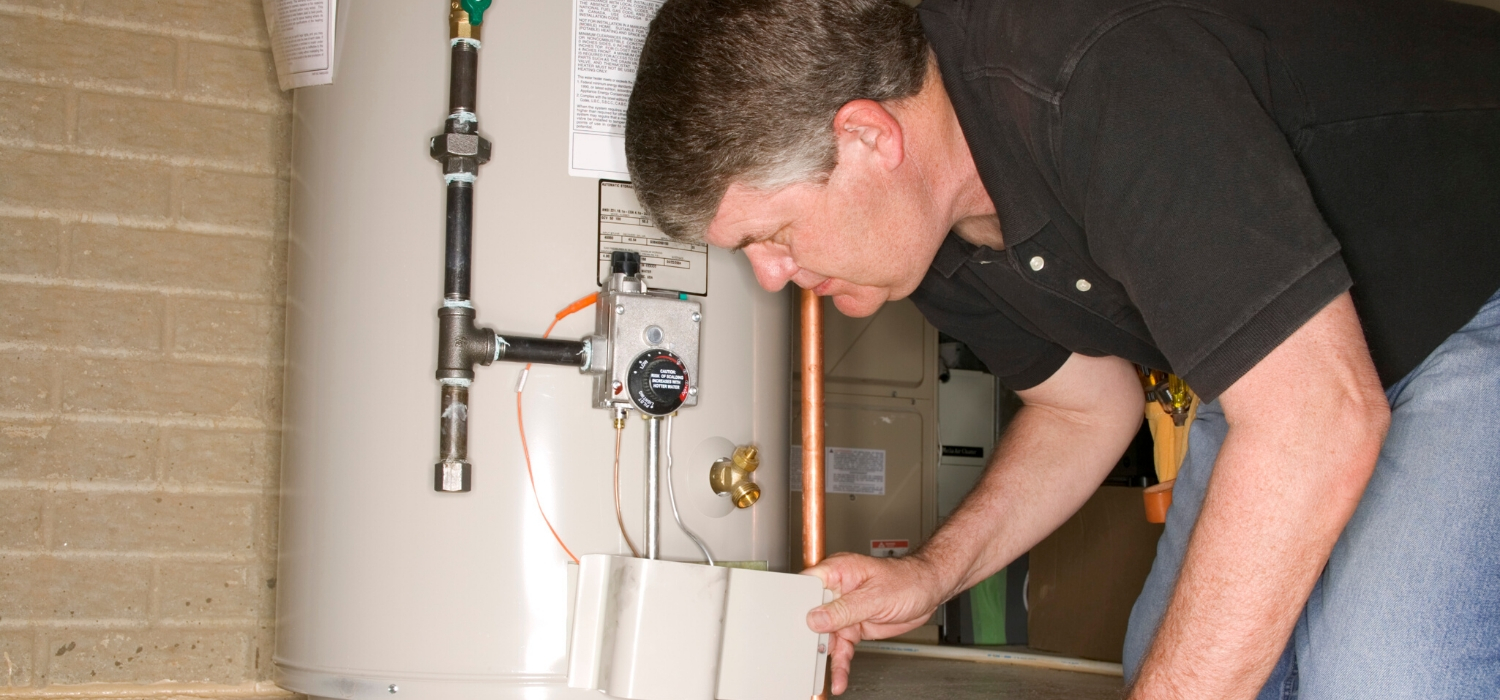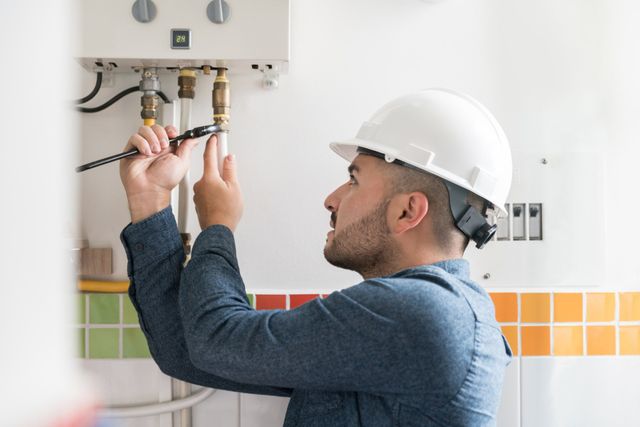Handling the Everyday Heater Urgent Problems
Handling the Everyday Heater Urgent Problems
Blog Article
Listed here in the next paragraph you can find additional brilliant additional info all about Is Your Water Heater Leaking?.

A hot water heater is just one of one of the most important basic home appliances that can be found in a residence. With hot water heater, you don't require to go through the anxiety of heating water manually whenever there is a demand to take a bath, do the laundry, or the meals. However, there is constantly an opportunity that your water heater would act up as with many mechanical devices.
It is important to note any type of little malfunction and tackle it quickly before things get out of hand. A lot of times, your hot water heater starts to malfunction when there is a build-up of debris as a result of constant use. As a safety measure, regular flushing of your hot water heater is advised to stop debris accumulation as well as stop functional failure.
Common water heater emergency situations as well as exactly how to take care of them
Too little warm water
It might be that the water heating system can not support the warm water need for your apartment. You can upgrade your water heating system to one with a bigger capability.
Changing water temperature.
Your water heater might start creating water of various temperature levels typically ice cold or hot hot. There could be a demand to replace either the thermostat or the home heating unit of your water heating unit.
Leaking water heater container.
In this circumstance, you need to turn off your water heating system, permit it to cool down, as well as carefully look for the source of the issue. At times, all you need to do is to tighten up a few screws or pipe connections in cases of small leakages. If this doesn't work and also the leakage lingers, you may need to employ the solutions of a professional for an appropriate replacement.
Stained or stinky water
You require to recognize if the problem is from the tank or the water source when this happens. You are specific that it is your water heating unit that is damaged if there is no funny smell when you run cold water. The stinky water can be caused by corrosion or the build-up of germs or sediments in the water heater storage tank. Once you discover this, you can attempt flushing out your container or changing the anode if the trouble lingers. The function of the anode is to clear out germs from your storage tank. Considering that the anode rod substitute calls for a detailed understanding of your water heating unit, you will require the assistance of a professional.
Conclusion
Some home owners disregard little caution and minor faults in their hot water heater device. This just causes additional damages and also a feasible complete break down of your device. You should handle your water heater faults as quickly as they come up to stay clear of even more expenses and unnecessary emergency troubles.
With water heaters, you do not need to go with the anxiety of heating water by hand every time there is a demand to take a bathroom, do the laundry, or the dishes. It may be that the water heating system can not support the warm water demand for your home. Your water heating system could begin creating water of different temperatures typically ice scalding or cold warm. If there is no funny scent when you run chilly water, then you are specific that it is your water heating system that is defective. The odiferous water can be caused by corrosion or the build-up of microorganisms or debris in the water heating unit storage tank.
Common Water Heater Issues and What You Should Do
What Type of Water Heater Do You Have?
Before we begin it’s first important that you identify the type of water heater you have on your property. There are two main types of water heaters out there: conventional and high efficiency.
Both of these types of products typically use either gas or electricity to heat power. There are also solar water heaters that use a thermal collector on the roof or yard to heat the water.
While these models are not as common, they can cut heating costs in half. In this article, we will focus on conventional and high efficiency.
How Do My Electric and Gas Water Heater Work?
Though they look similar, electric and gas water heaters work very differently. It’s important to know their basic function because often problems can be specific to the heating source.
In the electric model, a thermostat on the side of the machine detects the temperature of the water in the tank. When the temperature needs to rise electricity flows to a heating element suspended in the water.
Gas models also use a thermostat device — typically with a mercury sensor at the tip and an additional sensor called a thermocouple. The thermocouple detects whether the pilot light is on and controls the flow of gas.
When the thermostat drops below the appropriate level gas is released which becomes ignited by the pilot light. The flame heats the bottom of the water tank which causes hot water to rise and cold water to drop.
This natural circulation continues until the water reaches the desired temperature. Then, the thermostat triggers the gas control valve to shut off the flow of gas.
What Are the Most Common Issues and How Do You Fix Them?
https://happyhiller.com/blog/common-water-heater-issues-and-what-you-should-do/

I was made aware of that editorial on Common Hot Water Heater Problems through an acquaintance on another domain. Sharing is nice. Helping people is fun. Thank-you for taking the time to read it.
Trusted help? Ring now. Report this page